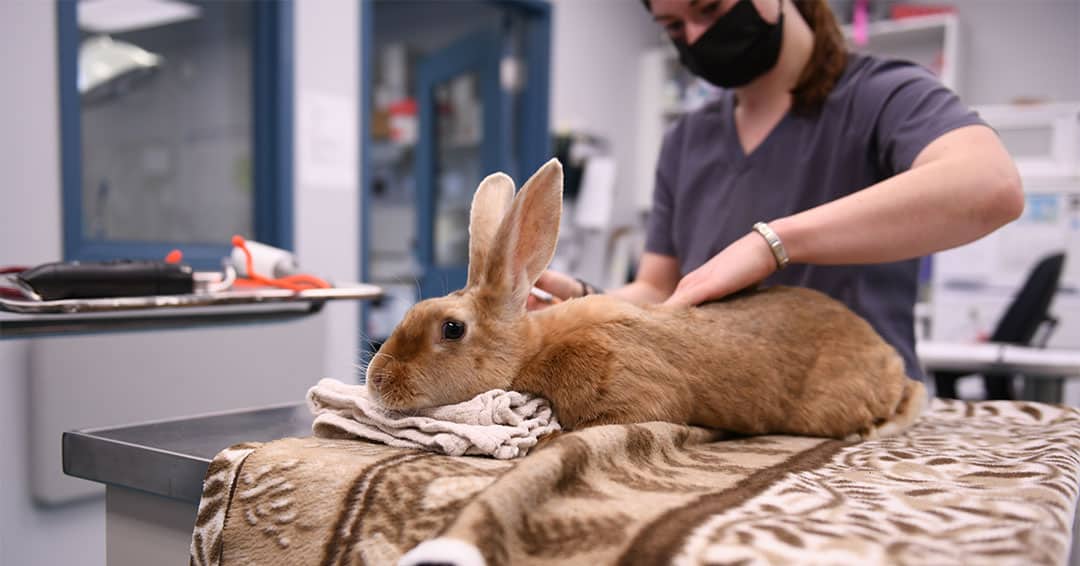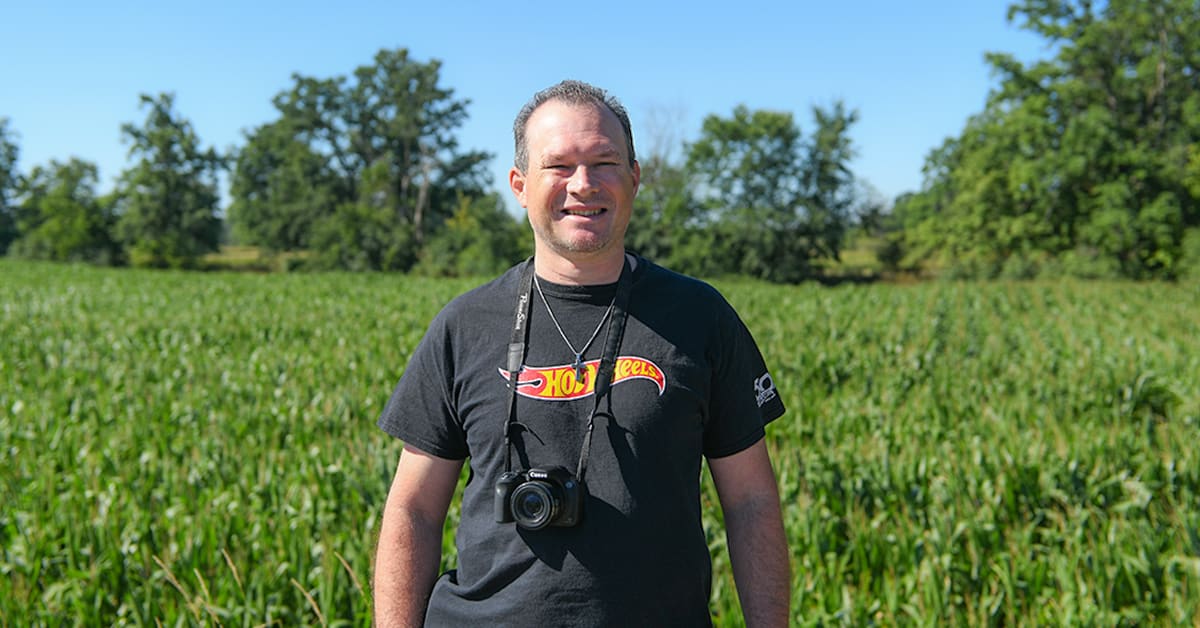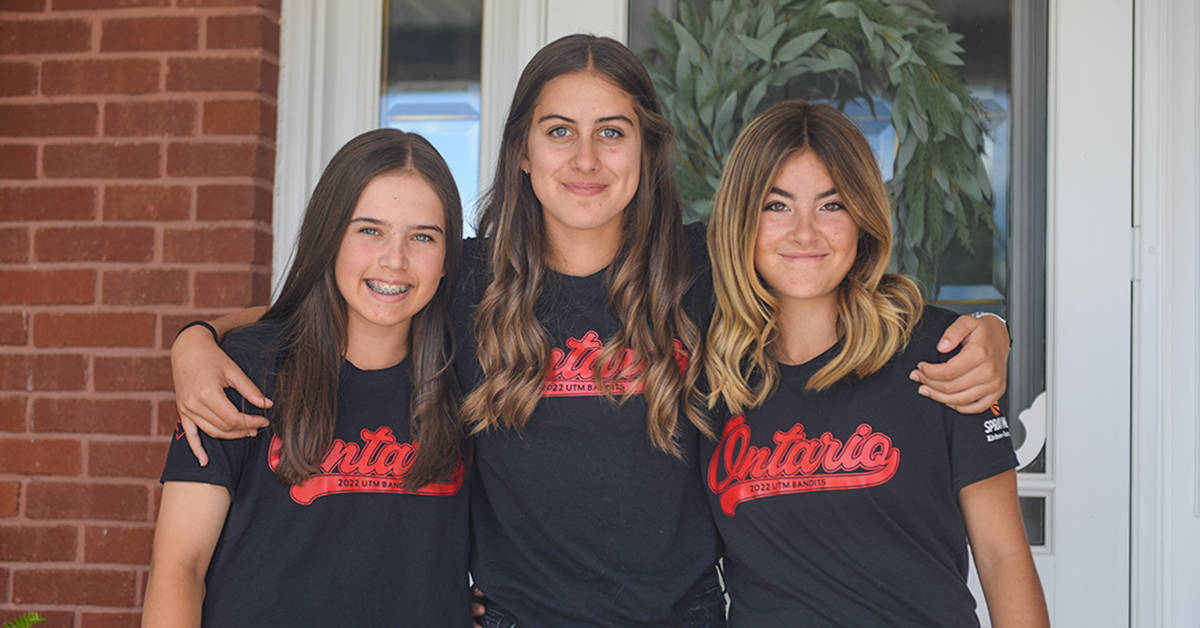Some recent incidents have the Humane Society of Kitchener Waterloo & Stratford Perth concerned about an increased use of what it calls “inhumane traps” against local wildlife.
Recently animal services offices have found three traps used on wildlife in Kitchener. In the first instance a black plastic Rat Snap trap was used to capture a skunk that eventually clawed its way free, but was found deceased nearby. The second was an old-style metal trap also known as Conibear, which was set up to catch a squirrel. The animal was released before police arrived; however it “almost certainly sustained severe injuries,” the organization said this week.
The third instance saw another plastic rat trap used on another skunk that officers found trying to escape under a fence. The animal was euthanized as a result of its injuries.
“When we see three traps in a row, trying to deter wildlife from properties that concerns us because there are much more humane ways to coexist and to deter wildlife from our properties than having to use a trap of these kinds and inflicting very severe injuries or causing death,” said Calla James, the humane society’s director of community engagement and outreach.
There are only a few specific instances in which these traps can be used, James said.
“Farmers as well as licensed trappers are some of the ones who may be able to use these traps. We do know that only qualified and licensed individuals may possess and use these body-gripping traps to capture wildlife. What we’re encouraging residents to do is understand what is legal and what is not legal. But at the same time we’re encouraging people to find humane ways to deal with wildlife and not utilize these.”
Woolwich Township has a contract with the humane society to deal with wildlife, something they go about in a “compassionate” way, said clerk Jeff Smith.
“If there’s a dead animal or an animal’s stuck somewhere, they will get out where they can for compassionate grounds.”
The township does not offer the services themselves because it would “likely be expensive and would [require] special training,” Smith said.
Instead Smith pointed to the recommendation from the organization to find a “humane” pest control company.
“There are private companies to deal with this. I think they offer a very high level of service, whether they’re going into your attic or moving critters from your deck or something like that,” he said.
According to James, the growing population of the region means residents will need to coexist with wildlife and we can do so “peacefully.” There are several ways to deter animals beyond removing food sources, she suggested.
“You can also ensure that they can’t get in anywhere warm, get into an attic, get into outbuildings such as sheds and garages, make sure you effectively animal-proof your home and that you have no holes where they can get in,” she advised.
James encouraged residents to contact the society with any questions they may have and refer to the wildlife resource guide found on their website. She also emphasised the need to understand local bylaws before using traps.
“If they are not using traps appropriately or legally, they can be fined under the bylaw, depending on what the bylaw states and they may also have consequences under Ontario’s animal welfare services, as well as the Ministry of Natural Resources depending on the situation,” she said.









